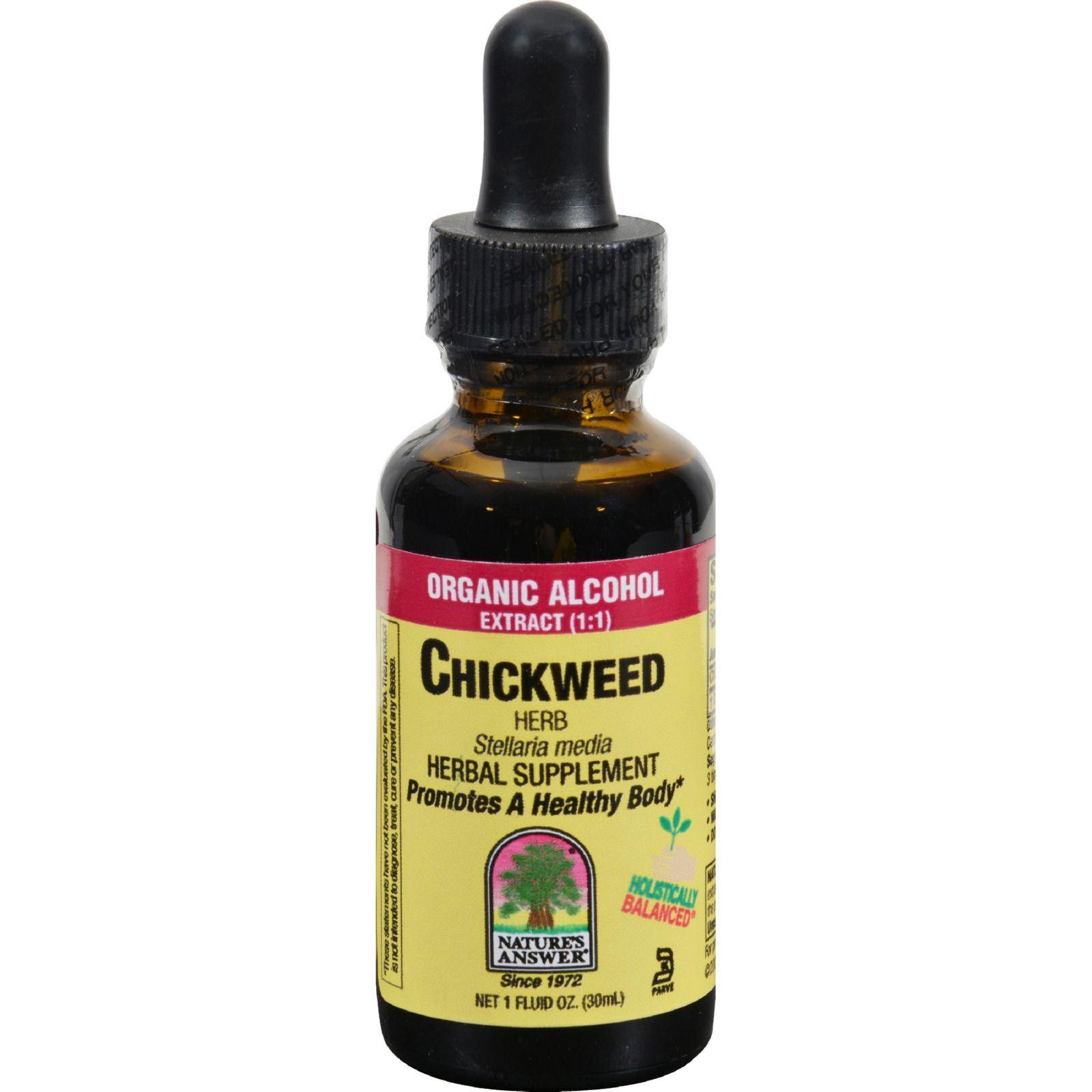Chickweed, scientifically known as Stellaria media, is a small, flowering herbaceous plant native to Europe but now found throughout North America and other regions of the world. Despite being considered a common garden weed, chickweed has a long history of medicinal use in various traditional herbal medicine systems, including Traditional Chinese Medicine and Ayurveda. Chickweed supplements, derived from the aerial parts of the plant, have gained recognition for their potential health benefits. This comprehensive guide explores the extensive advantages of chickweed supplements, encompassing traditional uses, scientific research, and practical considerations for those interested in integrating this herbal remedy into their health regimen.
Nutrient-Rich Composition
One of the primary benefits of chickweed supplements lies in their nutrient-rich composition. Chickweed is packed with essential vitamins, minerals, and phytonutrients that contribute to overall health and well-being. It is a good source of vitamins A, C, and B-complex vitamins, as well as minerals such as calcium, magnesium, potassium, and iron. Additionally, chickweed contains flavonoids, saponins, and mucilage, which have antioxidant, anti-inflammatory, and demulcent properties. Chickweed supplements offer a convenient way to access these vital nutrients, supporting various bodily functions and promoting overall health.
Skin Health and Wound Healing
Chickweed supplements are valued for their beneficial effects on skin health and wound healing. Traditionally, chickweed has been used topically to soothe and alleviate skin conditions such as itching, inflammation, and irritation. Chickweed contains compounds such as saponins and mucilage, which help soften and moisturize the skin, relieve itching, and reduce inflammation. Additionally, chickweed’s antioxidant and anti-inflammatory properties help protect the skin from damage caused by free radicals and promote faster healing of wounds, cuts, and minor burns. Chickweed supplements may be used internally or applied topically to support skin health, alleviate skin problems, and promote wound healing.
Weight Management Aid
Incorporating chickweed supplements into a balanced diet may support weight management and promote healthy weight loss. Chickweed is low in calories and rich in fiber, making it a filling and satisfying addition to meals. Additionally, chickweed contains compounds such as saponins, which have been shown to have lipolytic effects, meaning they help break down fat and facilitate its elimination from the body. Chickweed supplements may help promote satiety, reduce appetite, and support healthy metabolism, making them beneficial for individuals seeking to manage their weight or achieve weight loss goals.
Digestive Health Support
Chickweed supplements offer benefits for digestive health due to their high fiber content and soothing properties. Fiber helps promote regular bowel movements, prevent constipation, and support gastrointestinal function. Additionally, chickweed contains mucilage, a gel-like substance that forms a protective layer on the lining of the digestive tract, helping soothe and alleviate inflammation. Chickweed supplements may help relieve symptoms of digestive disorders such as indigestion, bloating, and gastritis by promoting healthy digestion and soothing the digestive tract. Chickweed’s demulcent properties may also help alleviate symptoms of gastrointestinal inflammation and irritation.
Respiratory Health Support
Chickweed supplements may offer benefits for respiratory health and alleviate symptoms of respiratory conditions such as coughs, colds, and bronchitis. Chickweed contains compounds such as flavonoids and saponins, which have expectorant and antitussive properties, meaning they help loosen mucus and alleviate coughing. Additionally, chickweed’s anti-inflammatory properties help reduce inflammation in the respiratory tract and soothe irritated mucous membranes. Chickweed supplements may be used internally or prepared as a tea to support respiratory health, relieve coughs and congestion, and promote overall respiratory function.
Practical Considerations and How to Take Chickweed Supplements
Chickweed supplements are typically available in various forms, including capsules, tablets, tinctures, and teas. The appropriate dosage may vary depending on the specific product and individual health needs. It’s essential to follow the recommended dosages provided by supplement manufacturers or consult with a healthcare professional for personalized guidance.
While chickweed supplements are generally safe for most individuals when taken as directed, some people may experience side effects such as allergic reactions or gastrointestinal upset. Pregnant and breastfeeding women should exercise caution and consult with a healthcare provider before using chickweed supplements. Additionally, individuals with certain medical conditions or those taking medications should seek medical advice before incorporating chickweed supplements into their regimen to prevent potential interactions or adverse effects.
Conclusion
Chickweed supplements offer a wide range of potential health benefits, from supporting skin health and wound healing to promoting digestive health, respiratory health, and weight management. With its nutrient-rich composition and therapeutic properties, chickweed stands as a valuable and effective herbal remedy. By incorporating chickweed supplements into their health regimen, individuals can harness the therapeutic benefits of this humble herb to support various aspects of health and well-being. However, it’s essential to use chickweed supplements responsibly and consult with a healthcare professional if needed to ensure safe and effective use.
- Sweet and Guilt-Free: My Delightful Experience with JustCBD UK’s Sugar-Free CBD Gummies - August 6, 2024
- Embark on a Cosmic Flavor Adventure: My Review of Melo’s THC Beverages! - May 20, 2024
- Benefits of Chickweed Supplements - April 2, 2024

